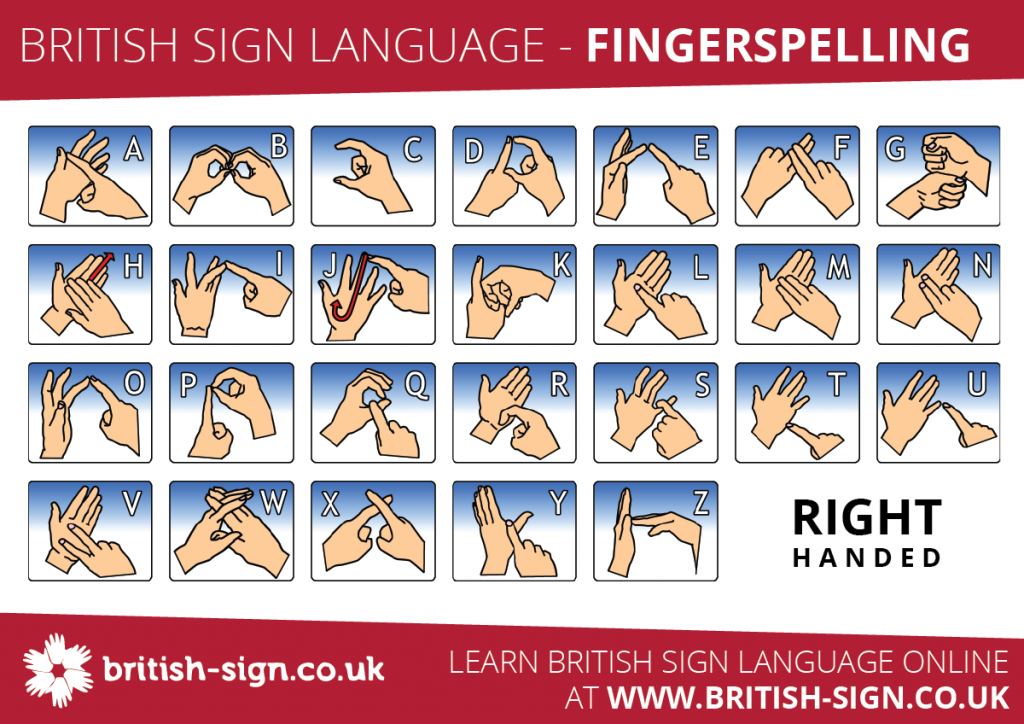Module C
“That’s the way to do it!”
Introduction
Read each of the sections below and complete all the activities. Once you reach the end, there is a link to OSM where you can upload evidence of your work from the activities. OSM is how we keep track of your progress so you must complete it to have evidence of this module. You can either write your work digitally or take a picture of any pieces of paper you use. However you choose, make sure you keep track of your work to get the recognition.
This module will take you 45 minutes to an hour to complete.
Objectives
This module aims to give Young Leaders a general understanding of how to successfully demonstrate and teach a variety of skills. It will help make that process fun, and ensure that section members enjoy the experience.
By the end of this module, you will have an understanding of:
+ how to talk about how young people learn effectively
+ demonstrating an ability to pass on skills to younger people
+ talking about different learning styles
+ having confidence in using different training techniques
Teaching new skills
One of the most enjoyable parts of being a Young Leader is having the opportunity to teach new skills to young people. As Young Leaders, you will have a good idea of what makes a good teacher – teachers who talk at their pupils all the time are, quite frankly, deadly boring. Teachers who take the time to involve their pupils actively in the work are much more engaging – and, as a result, much more effective at getting their message across.
Activity 1
Write in full step by step set of instructions on how you would make a sandwich from the very start to the very finish.
Once you’re done, click here for another guide of how to make a sandwich.
Compare your set of instructions to the set in the above link. Take note of any differences. Were there any steps you missed or things you automatically assumed everyone would do?
Different methods of learning
Different people learn in different ways, but there are some things you can do to help get your message across. Talking something through gets a message across to lots of people at once, but often misses out on detail. Using a diagram or other visual aid ensures that everyone gets the same message.
Demonstrating a skill or technique can help young people learn by example. This works best in small groups, where everyone can see and ask questions. If you are teaching a skill that you are very familiar with then try to remember what it is like to not know it and remember to go at the pace of the slowest learning.
Sign language
Watch this video about the sign language alphabet:
Now, watch this video about the sign language alphabet:
Now, take a close look at the sign language alphabet chart below:

Activity 2
Try filming yourself signing your name. Compare the different ways of learning and take a note of what you thought was good and what you thought was bad.
Activity 3
Now it is your turn to teach a new skill. Watch the following video about how to make an origami tented village. You could teach people how to make this in your section:
Try making one yourself so you know what you’re doing. Once you think you have the hang of it, find a family member and teach them without using the video. You can still consult it if you forget a step but you can’t show it when teaching. Write a paragraph about what approach you took to teaching and how it worked out.
Conclusion
Look back at the objectives at the top of this page and see if you think you are confident with each of them. If there are any parts you are unsure of, you can contact your District Explorer Scout Leader (Young Leaders).
You should now click ‘Complete Module C’ and fill in the yellow form. Then email your activity evidence to your District’s YL leader. If your District have activated “Badges at home”, click on ‘submit to OSM’ instead.



